Google is more than just a search engine; it is an integral part of the internet ecosystem. Founded in 1998 by Larry Page and Sergey Brin, Google has transformed the way people access information. Today, it offers a wide range of services, including email, cloud storage, artificial intelligence, and digital advertising. This guide will explore Google’s history, core services, its impact on the digital world, and what the future holds for the tech giant.
The History of Google
Google was created in a Stanford University dormitory by two Ph.D. students, Larry Page and Sergey Brin. Initially, the search engine was called “Backrub” because it analyzed backlinks to rank web pages. In 1998, Google Inc. was officially founded, and it quickly gained popularity due to its powerful search algorithm.
Key Milestones in Google’s History
- 1998: Google was founded and operated from a garage in Menlo Park, California.
- 1999: Received $25 million in venture capital funding, accelerating growth.
- 2000: Launched Google Ads, revolutionizing online advertising.
- 2004: Introduced Gmail, offering 1GB of free storage, much more than competitors.
- 2005: Launched Google Maps and acquired Android Inc., setting the stage for mobile dominance.
- 2006: Acquired YouTube, expanding into video content.
- 2008: Released Google Chrome, offering a faster and more secure browsing experience.
- 2015: Reorganized under Alphabet Inc. to enhance focus on various business sectors.
- 2023: Continued dominance in AI and cloud computing with the development of Bard AI.
Google’s Core Services
1. Google Search
Google Search remains the most widely used search engine globally. It processes over 3.5 billion searches per day and employs sophisticated algorithms like PageRank, RankBrain, and BERT to deliver relevant results. Google’s continuous updates improve user experience and combat misinformation.
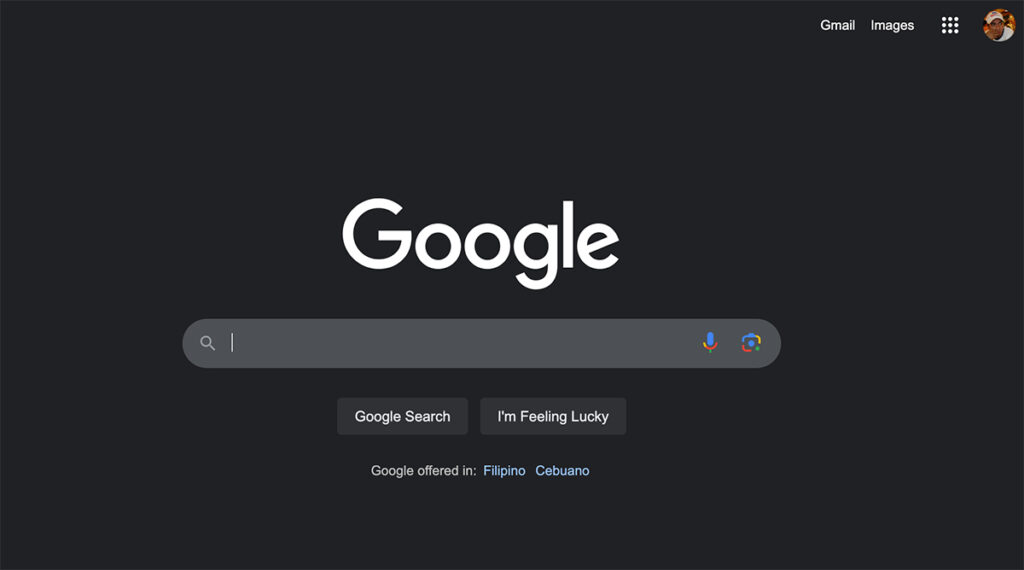
2. Google Ads
Google Ads is a powerful advertising platform that allows businesses to display ads on search results, YouTube, and partner websites. With features like pay-per-click (PPC) advertising, keyword targeting, and audience segmentation, Google Ads is a key driver of digital marketing success.
3. Gmail
Gmail, launched in 2004, has over 1.8 billion active users. It features AI-driven spam filtering, smart reply options, and seamless integration with Google Workspace.
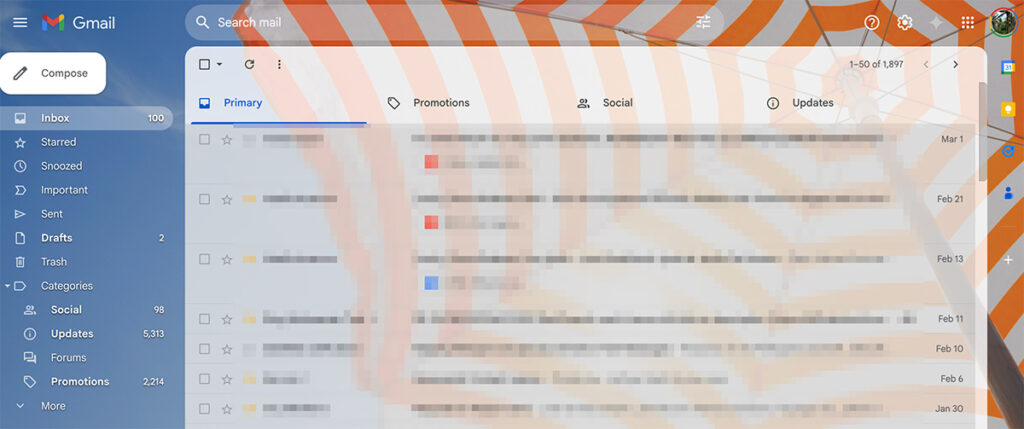
4. YouTube
Acquired in 2006, YouTube is the world’s second-largest search engine and the most popular video platform, with over 2.5 billion monthly users. It has become a hub for creators, businesses, and educators.
5. Google Drive & Google Docs
Google Drive offers 15GB of free cloud storage, with options to expand. Google Docs, Sheets, and Slides enable real-time collaboration, making it a go-to suite for students and businesses.
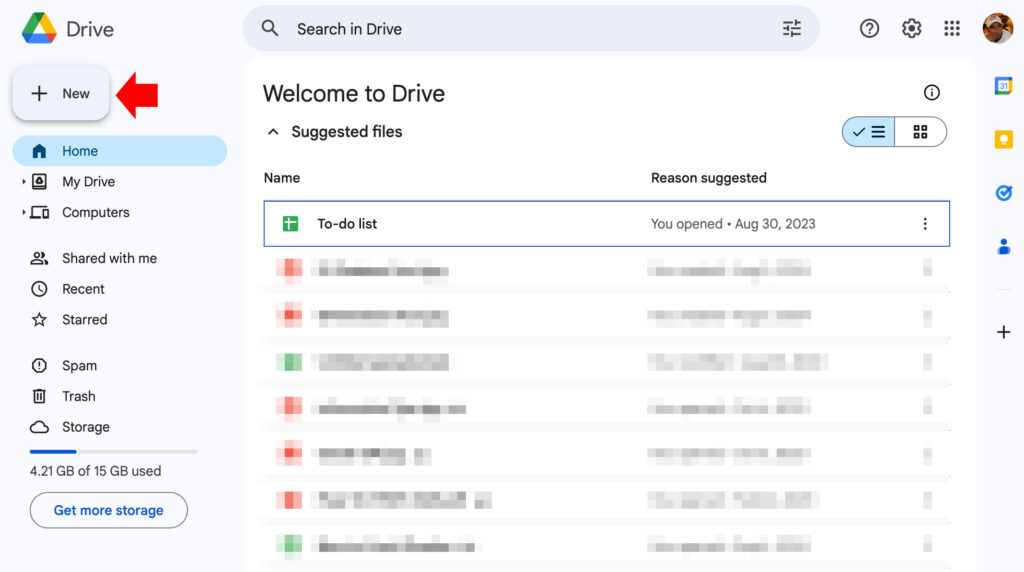
6. Google Maps & Google Earth
Google Maps provides real-time navigation, business listings, and street views. Google Earth allows users to explore detailed satellite imagery, playing a significant role in geography and urban planning.
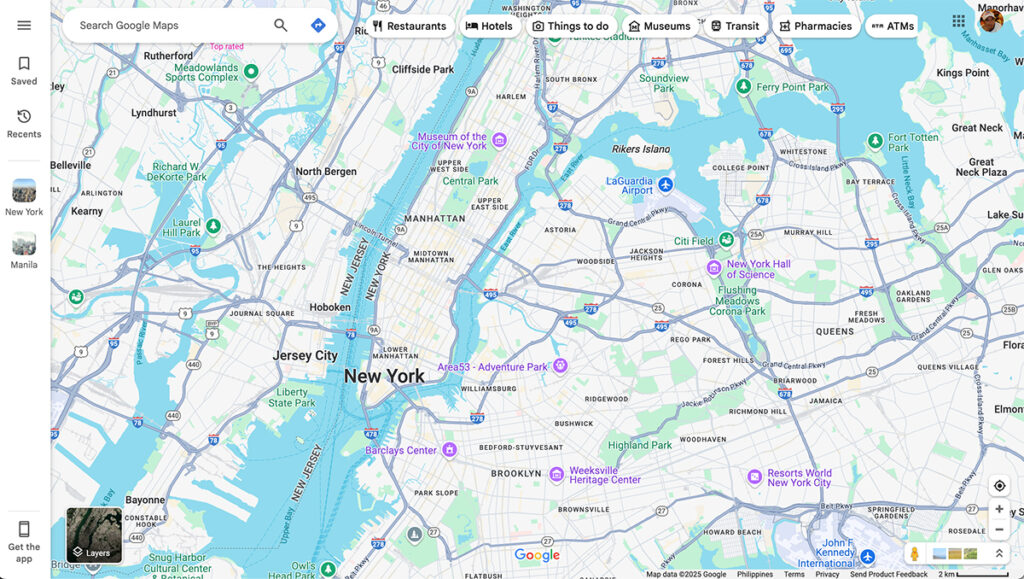
7. Android & Google Play Store
Android powers over 70% of smartphones worldwide, making it the leading mobile operating system. The Google Play Store offers over 3.5 million apps, including games, productivity tools, and entertainment.
8. Google Chrome
Google Chrome dominates the browser market with a 65% market share. Known for speed, security, and extensions, it integrates well with other Google services.
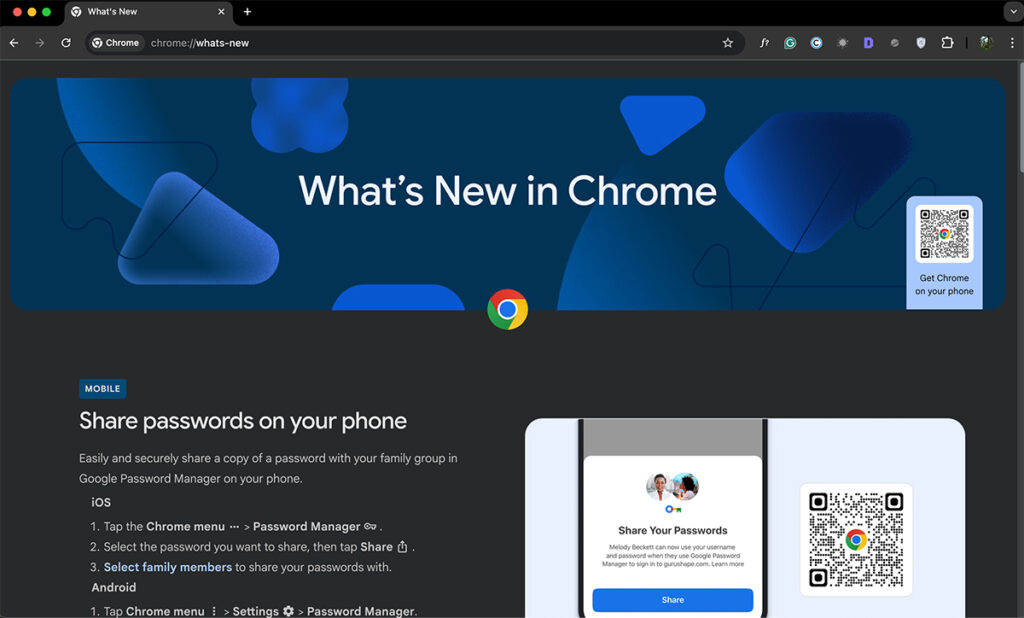
9. Google Cloud
Google Cloud provides cloud computing, AI, and machine learning solutions. It competes with Amazon Web Services (AWS) and Microsoft Azure, serving businesses with scalable storage and computing power.
10. Google AI & Bard
Google leads in AI development with projects like DeepMind, Bard AI, and TensorFlow. These innovations impact industries like healthcare, finance, and autonomous driving.
The Impact of Google on the Digital World
1. Revolutionizing Search and Information Access
Google Search has transformed how people access knowledge, making education, research, and business decisions easier.
2. Transforming Online Advertising
With Google Ads, businesses can reach targeted audiences based on behavior, location, and search history, leading to higher conversion rates.
3. Enhancing Productivity and Collaboration
Google Workspace (formerly G Suite) enables real-time collaboration, remote work, and cloud-based document sharing, revolutionizing business operations.
4. Shaping Mobile Technology
Android’s affordability and accessibility have driven mobile adoption worldwide, bringing internet access to billions of people.
5. Advancing AI and Machine Learning
Google’s AI developments influence industries from healthcare (AI-assisted diagnosis) to finance (fraud detection) and self-driving technology (Waymo).
Future of Google
Google continues to expand into AI, cloud computing, and sustainable technology. Some anticipated future developments include:
- Bard AI and Chatbots: More advanced AI chatbots for business and personal use.
- Quantum Computing: Google’s quantum computing research could revolutionize problem-solving.
- AR & VR Technologies: Enhancing digital experiences through augmented and virtual reality.
- Sustainability Initiatives: Google aims for carbon-free operations by 2030.
Conclusion
Google has profoundly influenced technology, business, and daily life through its search engine, digital advertising, AI, and mobile ecosystem. As it continues to innovate, its impact on the digital world will only grow, shaping the future of technology.